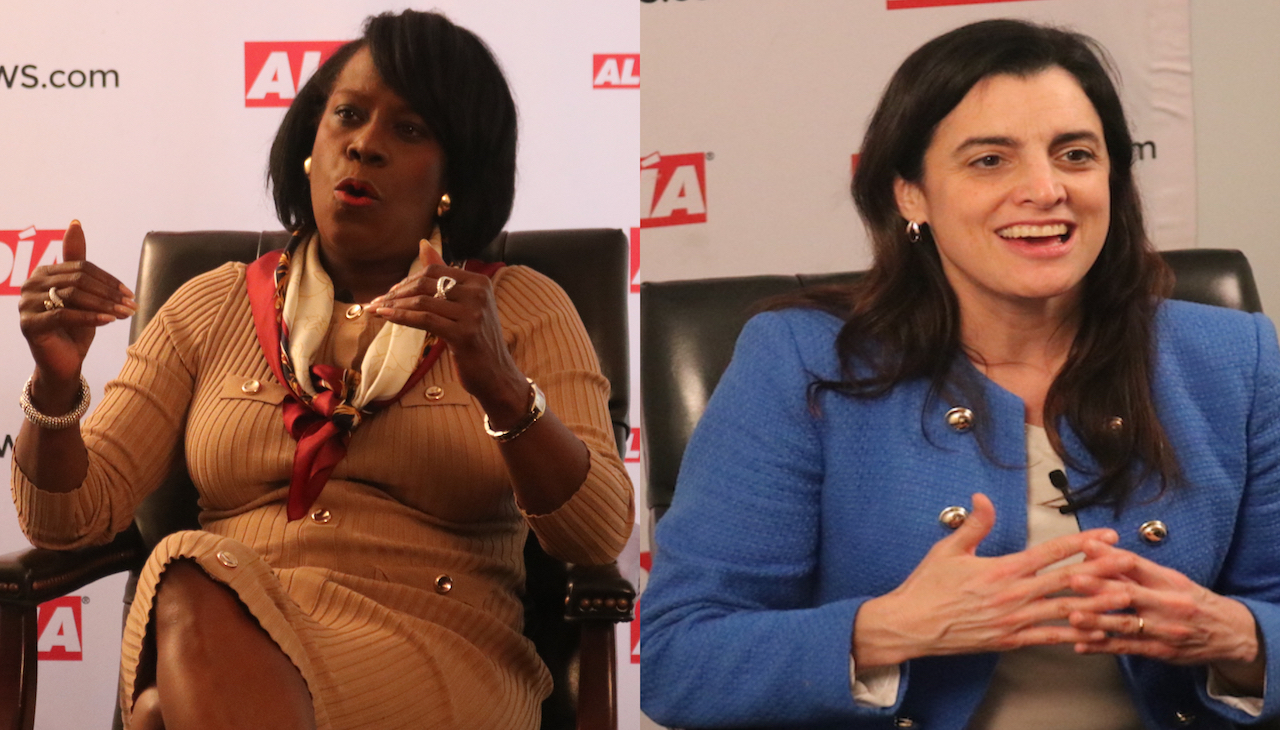
Latino voters could tilt the thin margin between Parker, Rhynhart in new mayoral poll
Philly’s first and only independent poll in the mayor’s race dropped this week. All candidates trail behind Cherelle Parker with the Latino electorate.
A new poll released by the Committee of Seventy this week revealed a dead-heat race between top mayoral contenders, an open margin of error, and a large enough percentage of undecided voters who could sway the numbers, confirming the race continues to be anyone’s guess.
But of the five candidates who lead the statistical front, Cherelle Parker holds a firm grip among Latino voters, according to the findings. The survey’s results found that Parker, the former City Councilmember for the Northwest’s District 9, enjoys a comfortable lead among the respondents, with a percentage almost three times higher than that of other candidates with much lower support.
The Committee of Seventy, for the first time since the first campaign announcement last year, gathered responses from 1500 respondents who are either likely to vote or have cast their ballot ahead of the May primary. And although the findings posited possible front runners, the margin of error is wide enough to change positions in the next 19 days.
Of the five candidates who stood out in Philly’s first independent poll — including, by order of the survey, Rebecca Rhynhart, Cherelle Parker, Helen Gym, Allan Domb, and Jeff Brown — one candidate is cozy among the Latino vote.
Latino voters, the poll found, preferred Parker over competing candidates by a significant margin. 28% of those surveyed who identified as Latino said they would vote for Parker when asked whom they would cast a ballot for at that moment.
The rest of the pool isn’t performing as well. The rest of the candidates would need inroads to near her competitiveness among the Spanish-speaking electorate.
Rhynhart, who is in first place on the poll, has a narrower net but is locked with Brown, having scored 11% of support from Latinos surveyed. Domb, in turn, leads both Rhynhart and Brown comfortably, with 16% of respondents saying they would vote for the real estate magnate.
On the lower end of the percentage spectrum, 8% of Latino voters surveyed said they would vote for Gym, a noted top contender whose coalition includes a formidable slate of endorsements spanning celebrities and national coalitions.
Outside the field of viable contenders, polling shows that the Latino vote remains up for grabs by a whopping 21% of undecided voters among the surveyed who are yet to make their choice for the primary contest.
In the weeks leading up to the poll, Parker, not unlike Gym, built her own endorsement docket that includes one of the city’s most powerful network of unions when the Building Trades Council announced their pick for mayor.
Similarly, Latinos had their pick with Parker, who received the unanimous endorsement of the Latino elected officials with a predominantly Latino electorate residing in neighborhoods like Norris Square, Hunting Park, Kensington, Harrowgate, and Fairhill.
RELATED CONTENT
“If Black or Latino voters turn out at higher rates than shown here, Parker may overtake Rhynhart and win the nomination,” the poll’s findings read.
Indeed, a favorable poll positions Parker well, but whether the survey will transmit to an out showing at the polls is less clear. In Philly, Latinos are the ethnic group least likely to vote, with consistently poor turnout across elections.
It may be enticing for campaigns to tout individual polling results. Still, if ward performances follow voting trends from previous years, it’s unlikely that Latinos tilt the election either way for any candidate.
In mid-April, strategists close to Parker’s campaign boasted Parker’s ability to shore up a broad coalition, flashing Spanish-language literature that hadn’t been seen by other top contenders besides Maria Quiñones Sánchez, no longer in the running.
Parker professed from Norris Square, pledging to protect the neighborhood from ‘youse-people-policy-making,’ said she’d prevent efforts to deploy supervised injection sites in their vicinities.
“We are a very Latino-focused campaign, and very proud of that,” Aren Platt, Parker’s senior advisor, told AL DÍA in an interview. “One of the things that are true about [Cherelle Parker] is that her message doesn’t change…and people are connecting with that.”
Behind Parker, a detail of Latino elected officials — the likes of which you wouldn’t expect to be standing alongside each other, such as State Representatives Danilo Burgos and José Giral — put aside years of grievances from their predecessors to display a unified front.
Critics dismiss the coalescing Latinos as the establishment vote, arguing that it’s not representative of the Latino electorate. Yet only one candidate weathered the Latino establishment, and she no longer holds office.
In separate interviews, Quiñones Sánchez told AL DÍA she leaned toward endorsing Parker following her campaign suspension because of her lived experience. She said Latinos in her district were presumably to vote that way, given her experience as a 14-year incumbent for the city’s Latino bubble.


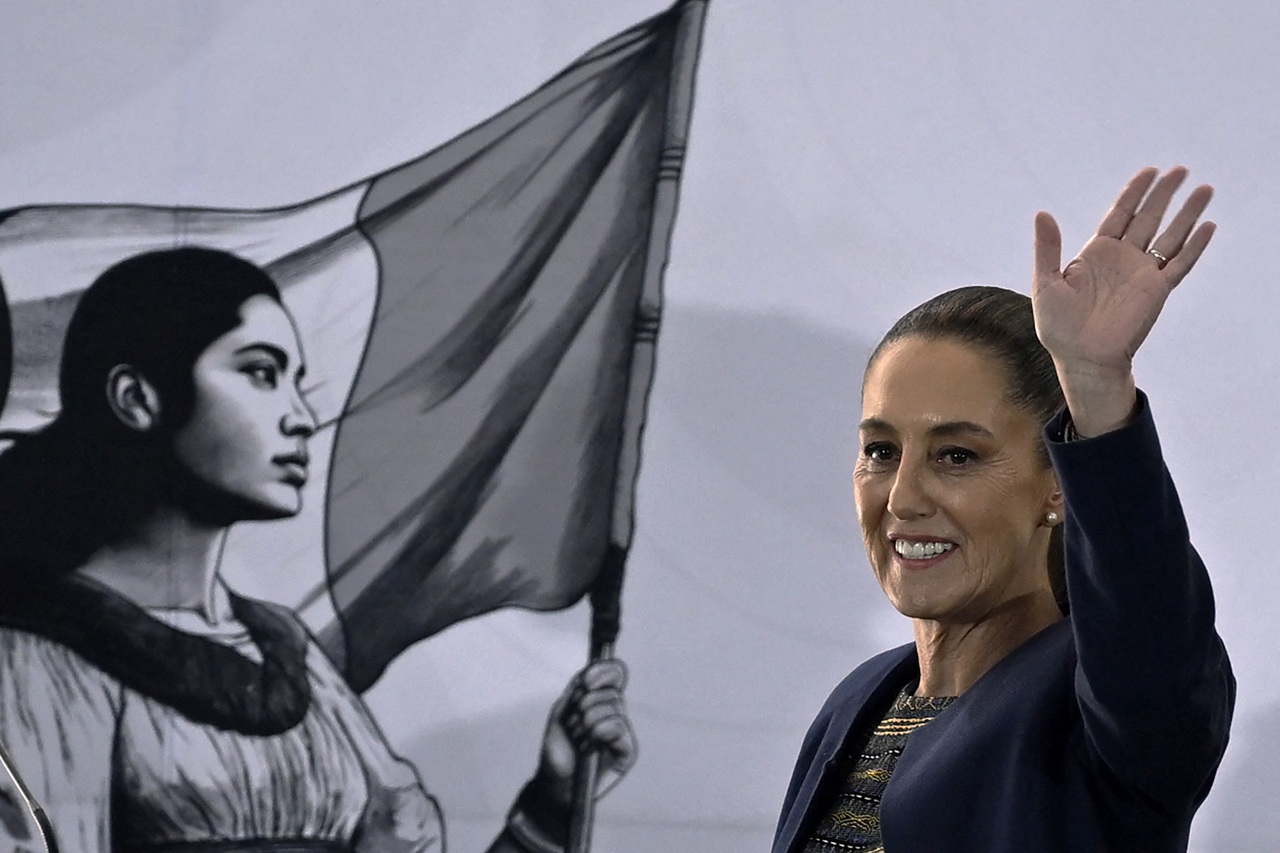
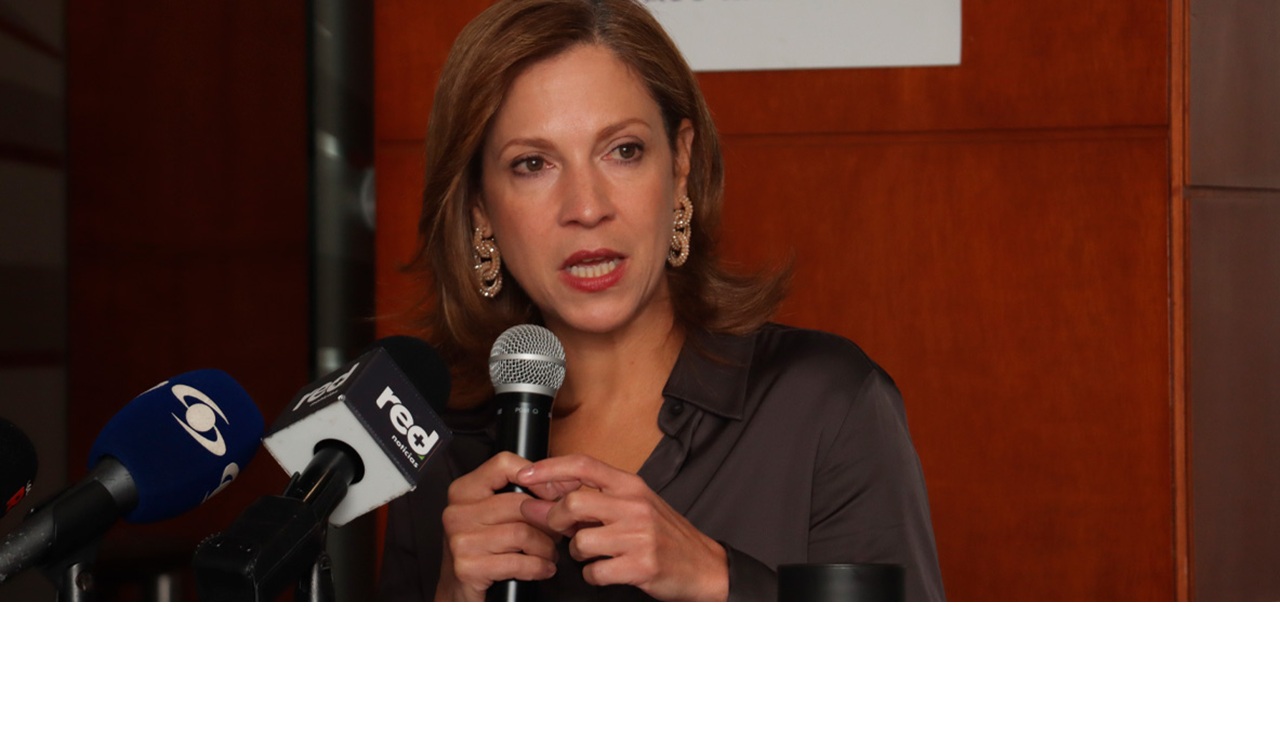
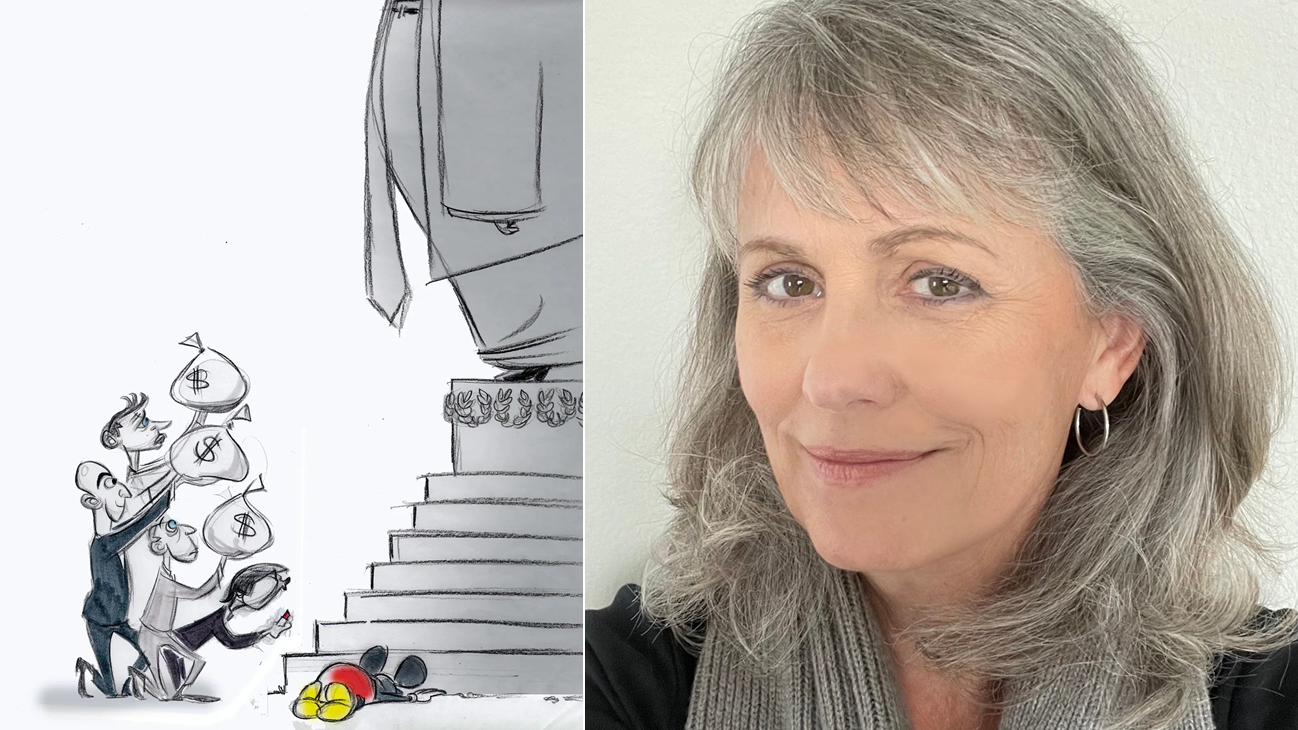
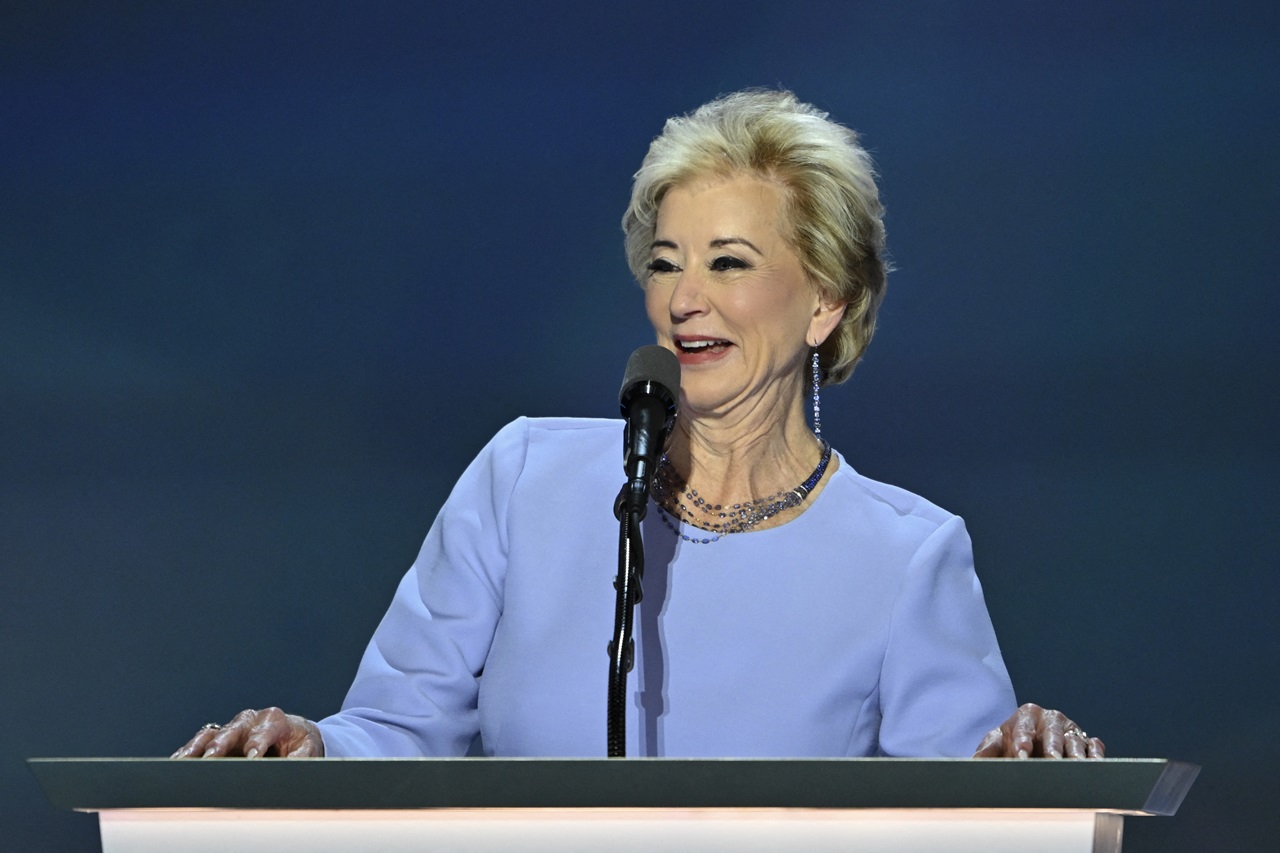
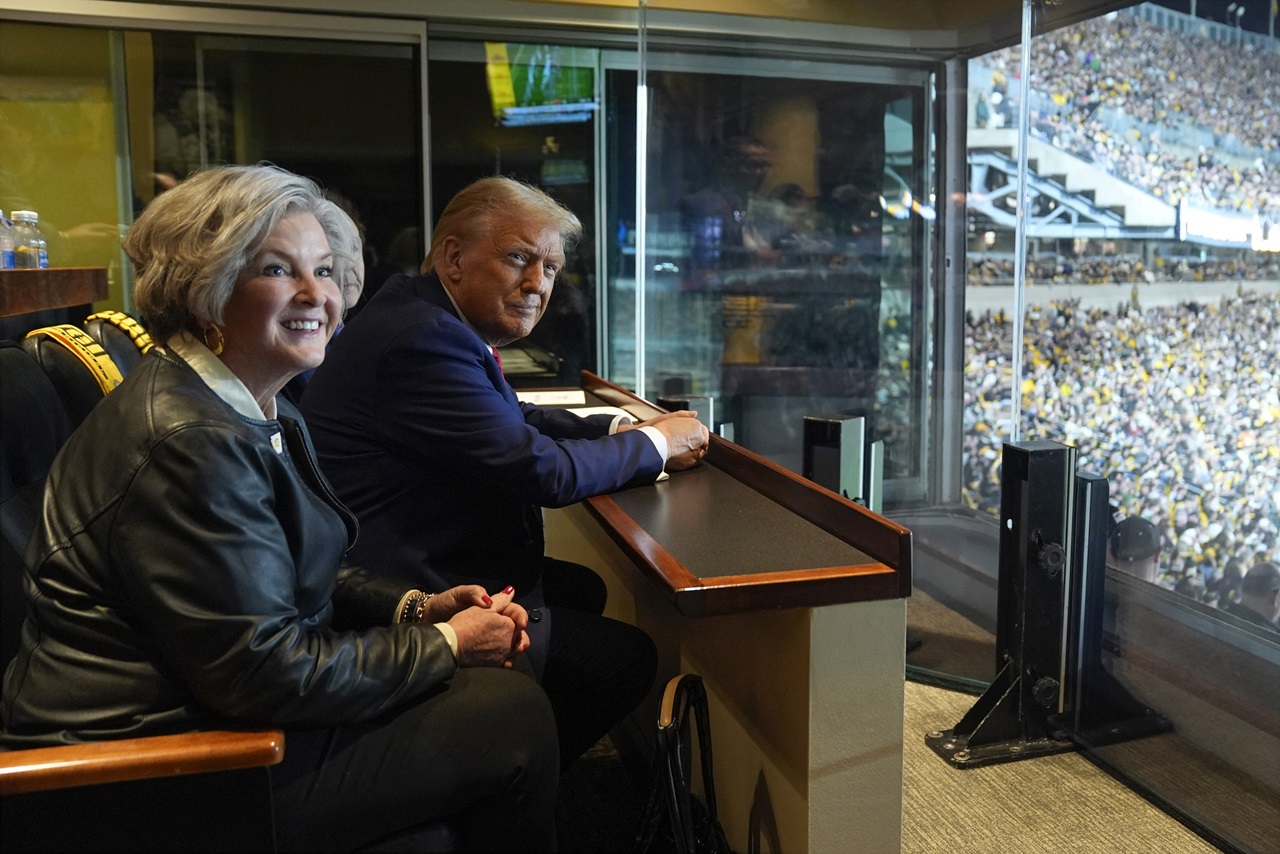
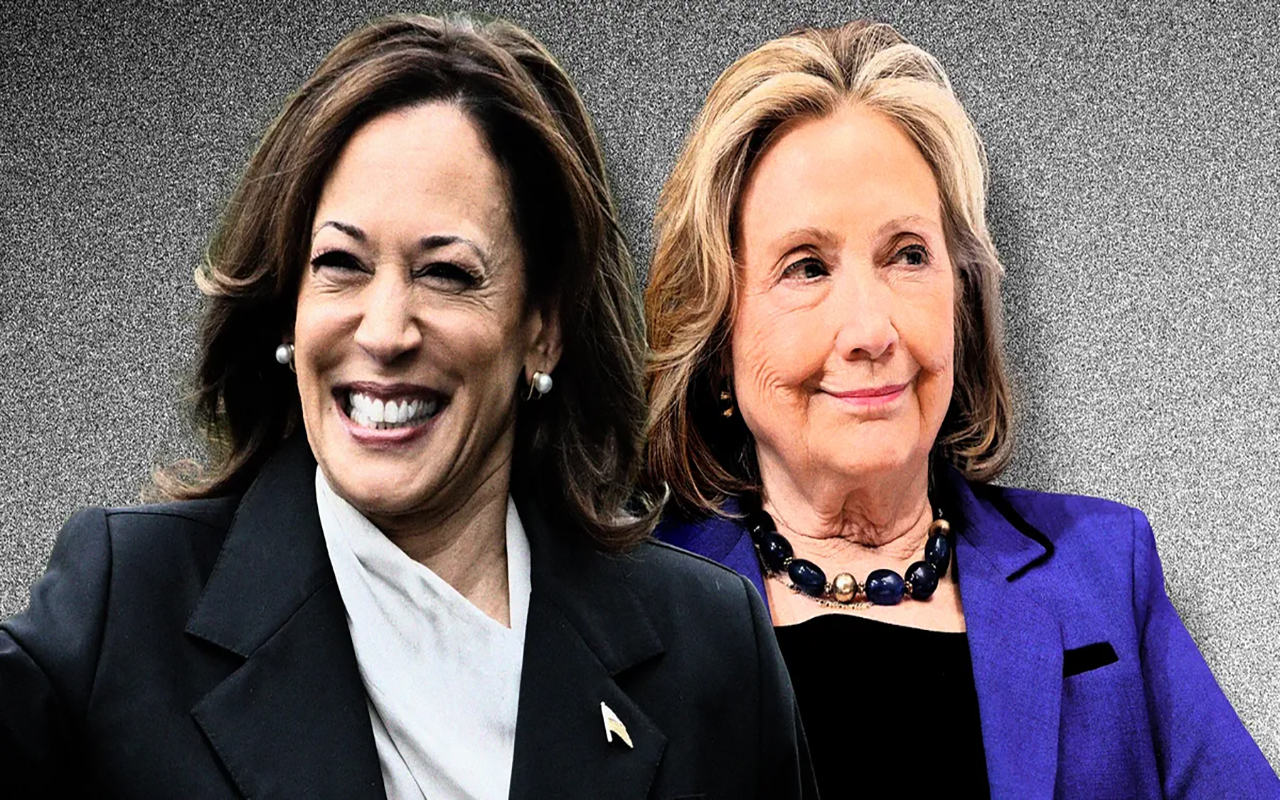
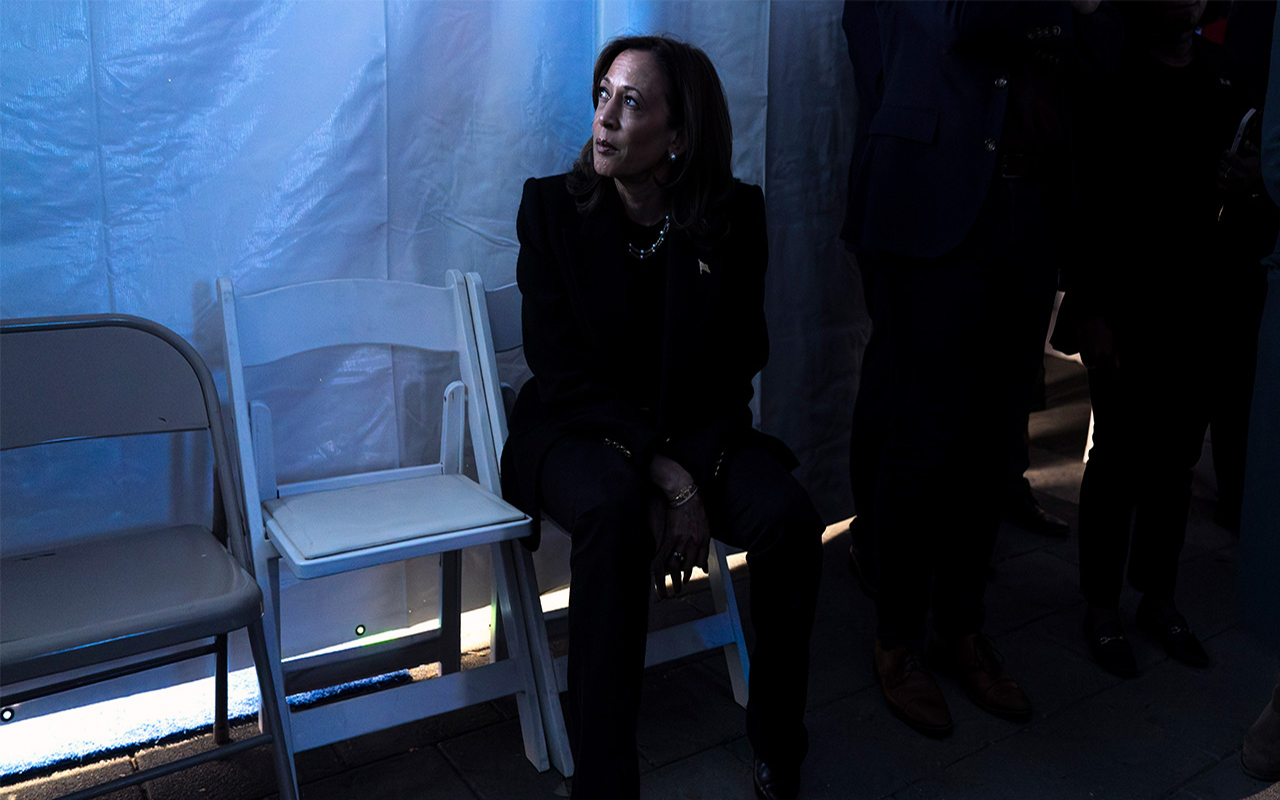
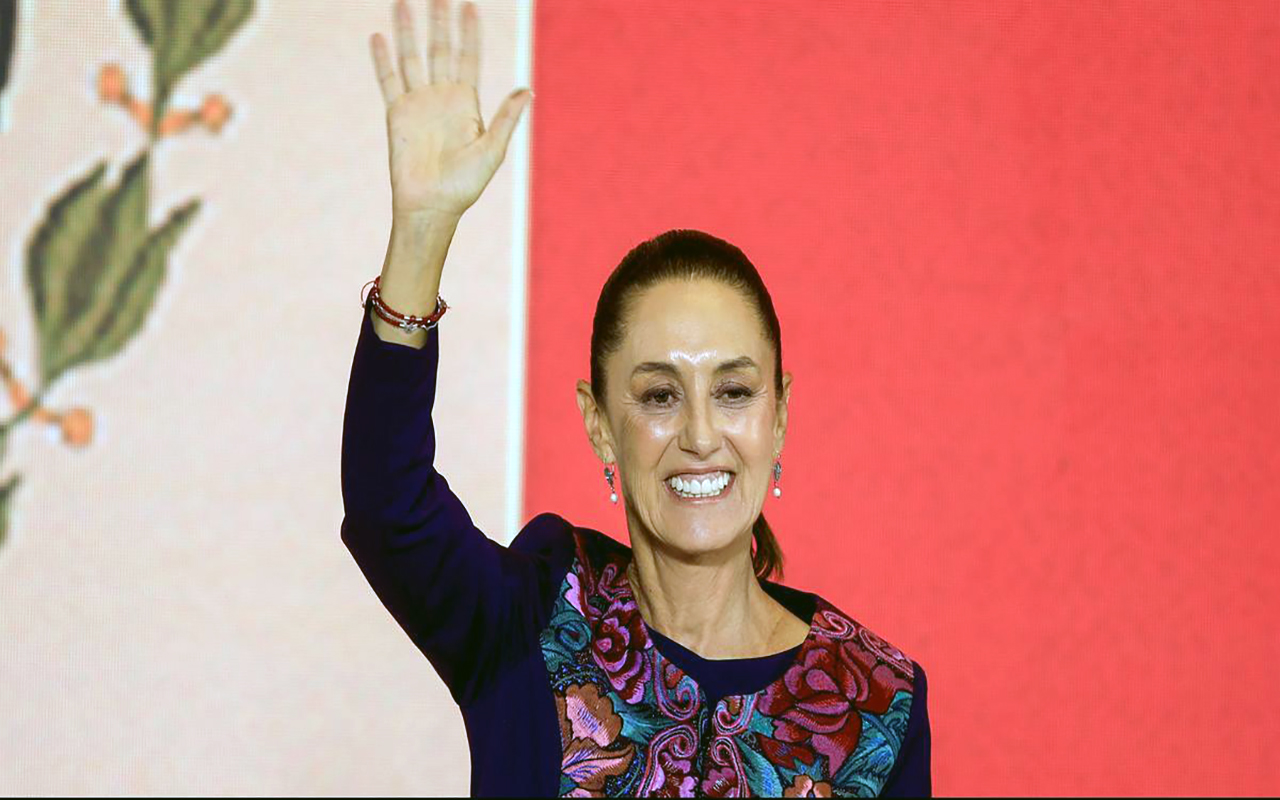

LEAVE A COMMENT: